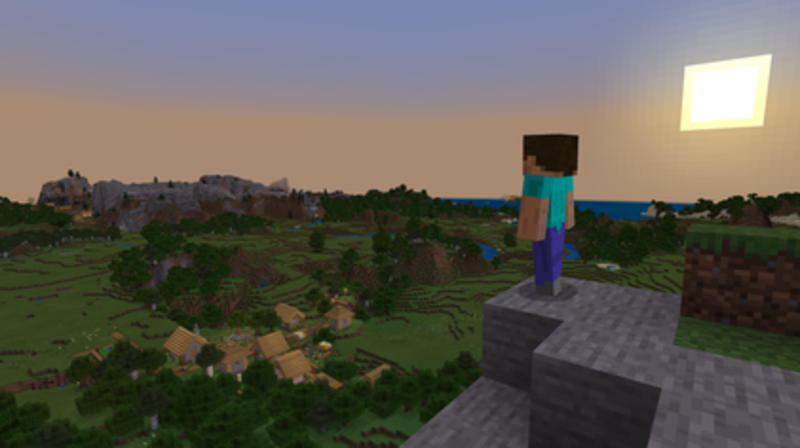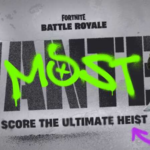Published on: 03/08/2022
Minecraft’s NFT ban spurs change in blockchain gaming landscape

The blockchain gaming landscape is changing as Web3 developers are looking to prove that they can create successful blockchain games without the backing of Steam or Minecraft following the blanket ban they imposed on blockchain integration and NFTs.
Among them is Chris Clay, known for his work as game director of Magic: The Gathering Arena. He created Gods Unchained, a free-to-play NFT game that combines blockchain elements and the trading card game genre. The game has become a success without needing to be promoted on another platform, with over $50 million worth of NFT cards being traded.
Then there’s Roman Povolotski, who has won over 10 video game awards, also created Sidus Heroes. A space-themed MMORPG with strong exploration and tactical combat. The game features built-in NFT as valuable resources, heroes, and land players can own. Players will have to balance competing for in-game resources alongside monetary incentives that NFTs offer to strike a balance between winning and earning.
Like Gods Unchained, the game is standalone and is not hosted on any large gaming store. Despite this, the game currently has a large, active community of over 13,000 players on Discord.
Also joining them is Wolffun Game. The studio is bringing NFTs to the popular MOBA genre with Thetan Arena, an esports-focused title that allows players to earn by competing against each other in team battles. The game features a wide variety of game modes, such as Tower Siege, Super Star, and Battle Royale, alongside community features like guilds to encourage player interaction. Winning matches can award players with NFTs and other rewards, giving players an incentive to work with their team and hone their skills.
The studio is hoping that NFT integration will result in a stronger community experience and get more casual players interested in the competitive scene. The game is free-to-play and uses a pay-to-earn model to give players rewards for their time and dedication, and so far, the model is doing well for Wolffun Game.
Persistent interest
NFTs and blockchain products in gaming tend to be met with mixed or negative reactions, which might explain why Minecraft and Steam’s decision was met with a warm reception from the general user base.
NFTs have a reputation as being potential scams and being very volatile, a fact that Mojang specifically pointed out in its reasoning behind the ban.
However, many developers are still interested in crypto’s potential applications for gaming. Various directors and producers from Square Enix have expressed interest in the usage of NFTs to open up new gaming experiences, while Tim Sweeney, the CEO of Epic Games, has come out in support of blockchain technology.
“Developers should be free to decide how to build their games, and you are free to decide whether to play them. I believe stores and operating system makers shouldn’t interfere by forcing their views onto others. We definitely won’t,” the Epic boss previously wrote on Twitter.
It remains to be seen whether the sentiment will last as the crypto winter continues. However, Web3 game enthusiasts might take comfort that despite the high-profile bans, blockchain games are not going anywhere, at least for now.



